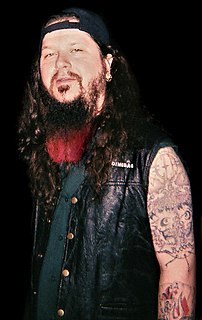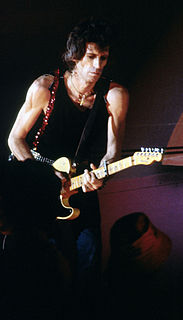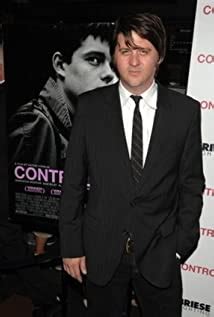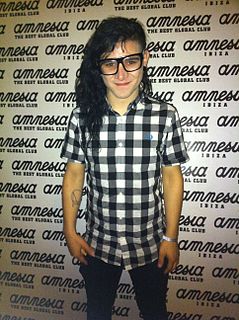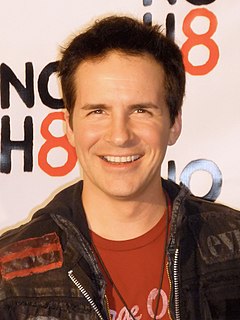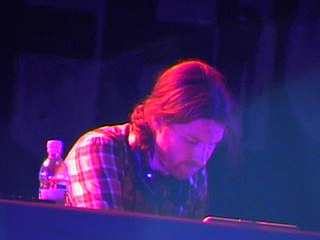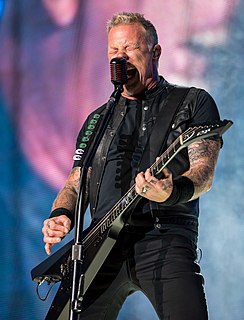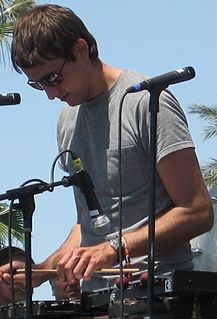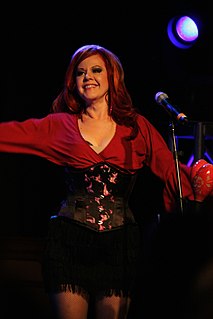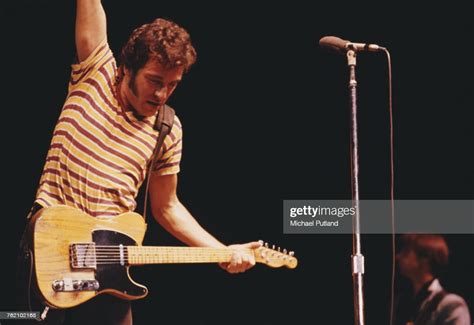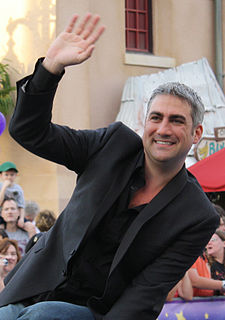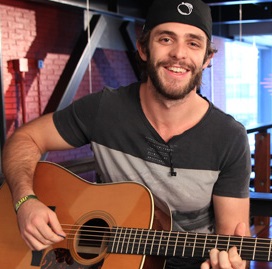A Quote by Dimebag Darrell
To get my sound in the studio, I double guitar tracks, and when it gets to the lead parts, the rhythm drops out, just like it's live. I'm very conscious of that.
Related Quotes
What interested me about Chuck Berry was the way he could step out of the rhythm part with such ease, throwing in a nice, simple riff, and then drop straight into the feel of it again. We used to play a lot more rhythm stuff. We'd do away with the differences between lead and rhythm guitar. You can't go into a shop and ask for a "lead guitar". You're a guitar player, and you play a guitar.
There was always this sort of weird process in the development and pre-production, thinking, 'How do we get the studio tracks that Joy Division recorded that are so clean and pristine but sound rough and live and how do we get the live versions to actually sound clear enough so you can make out what they're saying?' That was sort of the frustration with Anton Corbijn and myself, figuring out how we make that work.
I have a lot of my mother in me, but I was just born with the same parts as my father. I don't sound like him. I mean, I can do an impression of him right now, and I do not sound like him. I sound like me. My sense of rhythm I learned from my mother. My melodies, I think sometimes, I get from my mother.
There's a lot of discussion about whether you should be a good live band or a good studio band. I think you can use the studio to make a great "studio record" and not necessarily have to reproduce exactly that on stage, but still be a great "live band." Having said that, if what you're going for is just the raw capture of your live sound, then that's cool, too - go for it! I enjoy working in the studio, though, and while I try to get near to an approximation of what's going on onstage, it's not my first priority usually.
In general, we like to play as a band - guitar, piano, and voice. We also tour with a bass player, a drummer, and somebody who plays keyboard and guitar. We try to play all of our parts and flesh it out to get a lush sound, while also keeping the energy of a three-piece punk act. We want to be the best of all possible worlds.
Guy Picciotto had a really sound point: Live albums basically have bands playing songs that are available on studio records, and what example can you think of where the live album is better? What are the great live albums? I have live albums of bands, but I wouldn't listen to them for the most part. So we thought, instead of spending energy trying to puzzle out how to create a live record, let's just write another studio record.
Sam [Phillips] wanted I Walk The Line up - you know, up-tempo. And I put paper in the strings of my guitar to get that (vocalizing) sound, and with the bass and the lead guitar, there it was. Bare and stark, that song was when it was released. And I heard it on the radio and I really didn't like it, and I called Sam Phillips and asked him please not to send out any more records of that song.
